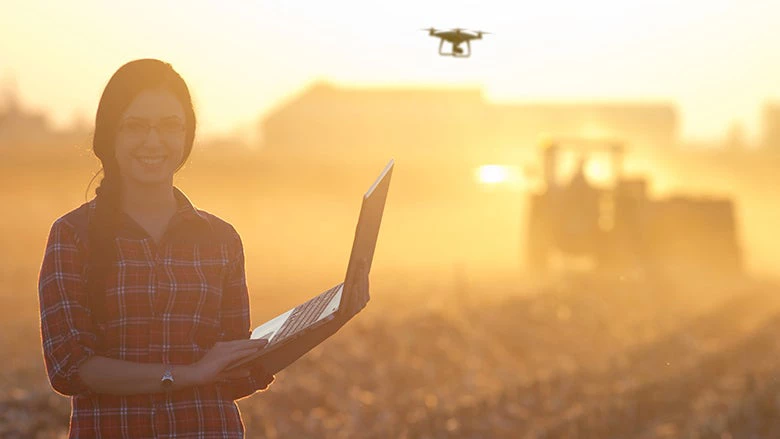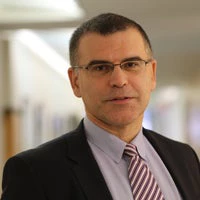“I like work, it fascinates me,” said Jerome K Jerome. “I can sit and look at it for hours.” We concur with the author of “Three Men in a Boat’, a novel which so fascinated Late Victorian England that, within a year of publication, the number of vessels on the River Thames had doubled.
We too love work and we anticipate that our devotion to it will result in Jeromesque adulation. The early signs are good; our report is still in draft stage but it has already been downloaded more than 20,000 times. You can discover for yourself why it’s proving so popular by clicking here.
As economists our fascination with work has nothing to do with Jerome’s mirthful quip (but just think how many enduring jobs were created as a result of his fictitious river journey) and everything to do with untangling a riddle that is embedded in the zeitgeist. Google ‘the future of work’ and, in 0.56 seconds, 115,000,000 results appear.
We are living through transformative, perhaps epochal times, when the only thing we can be sure of is persisting uncertainty. What will our children do for a living? Never mind the kids, what about us -will we make it to retirement? And how will we pay for it? Will the robots rise against us?
It’s 88 years since John Maynard Keynes predicted that technology would usher in an age of leisure and abundance within a hundred years. “Everyone would need to do some work if he is to be contented, but three hours a day is quite enough.” The world in 2018 is far from this kind of reality.
By bringing the World Bank’s formidable knowledge and expertise to an examination of the changing nature of work, our intention is to do much more than simply add to the noise. This humble blog aspires to no more than whetting appetites with the purpose of encouraging you to join the conversation.
We can tantalise you with a few glimpses of what’s in the report: we believe that technological change is not happening as rapidly as believed; that we should be more concerned than we are about inequality in all its forms but especially of opportunity; that we badly need a new social contract and much greater investment in human capital. But to find out more, we urge you to read it in full.
We also believe that one of the great strengths of this report is the unique collaborative experiment that we are conducting by publishing, every week, our latest draft. This way everyone gets an opportunity to comment, to express an opinion. If you believe we are heading down a cul-de-sac or need to reboot the satnav please let us know.
Many of you already have and for this we are grateful. Every piece of feedback increases the bandwidth of this project. We are listening and revising.
Read the WDR 2019 Working Draft. Updated materials will be uploaded every Friday at 5pm (EST).




Join the Conversation